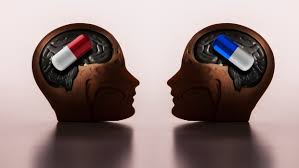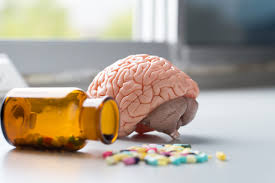
Understanding the Difference: Habit vs Addiction
Habit and addiction, often used interchangeably, represent distinct aspects of human behavior. A habit is a routine action performed almost automatically, like brushing teeth, while addiction denotes compulsive behavior despite adverse consequences. Understanding this disparity is crucial in navigating behavior patterns and seeking appropriate support when needed.

A habit is a behavior that is repeated regularly and tends to occur subconsciously. For example, brushing your teeth every morning or going for a run after work can be considered a habit. Habits are often formed through repetition and can be relatively easy to break with a little effort and willpower.
On the other hand, addiction is a complex brain disorder characterized by compulsive drug use or engagement in certain behaviors despite harmful consequences. Addiction is a chronic condition that involves a range of physical, emotional, and psychological factors, including changes in brain chemistry and reward pathways. Addiction is often accompanied by withdrawal symptoms when a person tries to quit, and it can be difficult to overcome without professional help.
In short, while habits are behaviors that can be changed with relative ease, addiction is a more severe condition that requires specialized treatment and support to overcome.
Does Addiction Affect Everyone in the Same Way
No, addiction does not affect everyone in the same way. Addiction is a complex phenomenon that can vary widely from person to person, depending on a variety of factors, including genetics, environment, social factors, and personal characteristics.
For example, some people may be more vulnerable to addiction because of a genetic predisposition or a history of trauma, while others may be less susceptible due to strong social support networks or healthy coping mechanisms. Additionally, the specific substance or behavior that a person is addicted to can also play a role in how addiction affects them.
Overall, addiction is a highly individualized experience, and treatment approaches must be tailored to each person’s unique needs and circumstances. It is essential to seek professional help to overcome addiction and develop a personalized treatment plan that addresses the specific underlying factors contributing to addiction.
Disclaimer: The information provided in this content is for general informational purposes only. It is not intended as medical or healthcare advice, diagnosis, or treatment. Always seek the advice of a qualified healthcare professional with any questions you may have regarding a medical condition or healthcare decisions.

